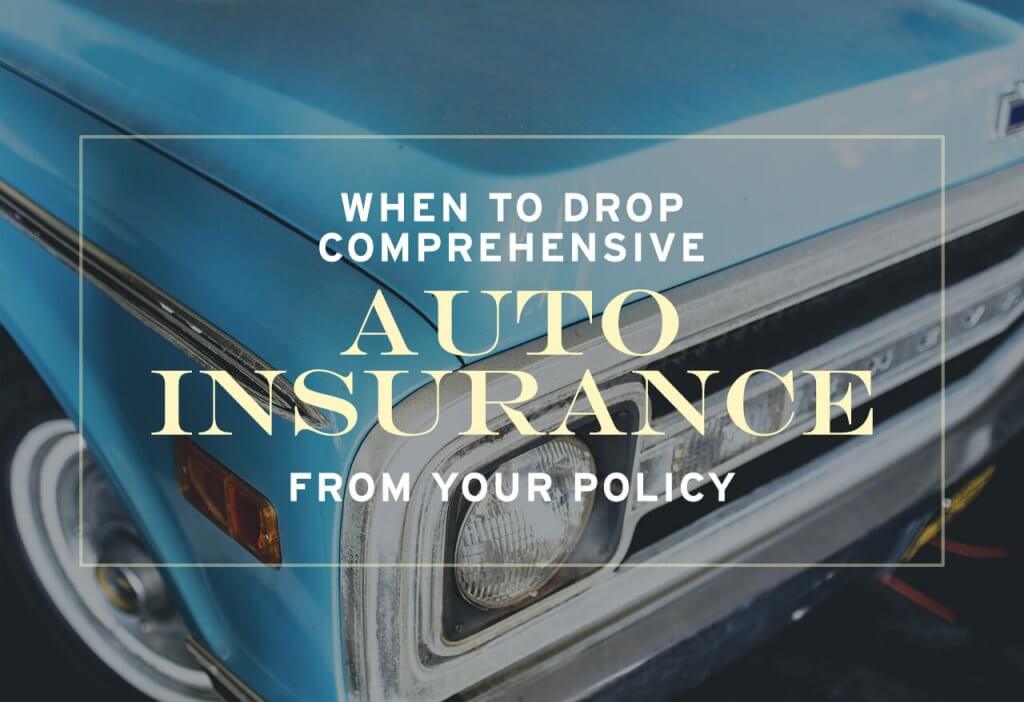
Comprehensive car insurance covers you if your car is stolen or damaged by weather, flood, fire, falling objects, a collision with an animal, or a riot or civil disturbance. Comprehensive coverage isn’t required by any state, including South Carolina, but if you have a loan on your vehicle, your lender may require you to carry it to protect their interest.
Why should you carry comprehensive coverage?
1. To satisfy your lender or lease agreement
While the law in South Carolina doesn’t require comprehensive insurance, if you financed your vehicle, your lender might. Additionally, if you lease your car, the agreement with the leasing company will likely require you to carry this coverage. If you own your car outright or pay the loan off, then it becomes optional coverage. That doesn’t necessarily mean that you’ll want to drop it at that point, either.
2. If you can’t afford the cost of auto repairs or replacement
Consider what it protects you from and whether you can afford to replace or significantly repair your vehicle on your own. If you can’t afford to replace or repair the auto on your own, keeping the coverage may be worth the additional premium.
3. If you live in a high-risk area
If you live in an area where there is a lot of theft or vandalism, severe weather or animal collisions, you may also want to keep comprehensive coverage since your likelihood of encountering an issue is more significant.
4. If your car is newer or still valuable
If your vehicle is less than ten years old, or older than ten years but worth at least $3,000, you should also consider keeping comprehensive coverage.
Why should you drop comprehensive coverage?
Though comprehensive isn’t incredibly expensive, it does increase your auto premium. It protects you against problems other than those resulting from an accident, and for some people, those problems are practically nonexistent. For example, if you live in a city and park in your garage every night and a parking garage at work, the chances of you hitting a deer or having damage from weather or a falling object are very slim. In those cases, the cost of carrying comprehensive coverage may be an unnecessary expense. However, you never know when a freak accident like a parking garage collapse may strike.
When can you get rid of comprehensive coverage?
Because comprehensive is not legally required, there is no hard and fast rule to indicate when you can drop it. One thing to keep in mind when making this decision is that if you file a claim, the maximum payout is the current value of your car, minus the deductible.
If you own your vehicle without a loan or lease, the decision to keep or drop comprehensive coverage is entirely up to you. You should consider cutting it if:
- If the premium for comprehensive coverage, combined with the deductible, is more than your car is worth
- You wouldn’t pay to fix your car if it had any major mechanical issues
- If you would buy a new car if anything happened to your current vehicle (theft, vandalism, animal collision, etc.)
- If the premium is 10% or more of the potential payout if you filed a claim
Deciding whether to keep comprehensive coverage is a complicated decision. You should carefully consider all the factors before making a choice. Keep in mind that, although you can’t do it after the damage has occurred, you can otherwise change your mind and add it back to your policy at any time. If you have more questions about comprehensive or other SC auto insurance coverage, call Upside Insurance today to speak with a licensed agent!
